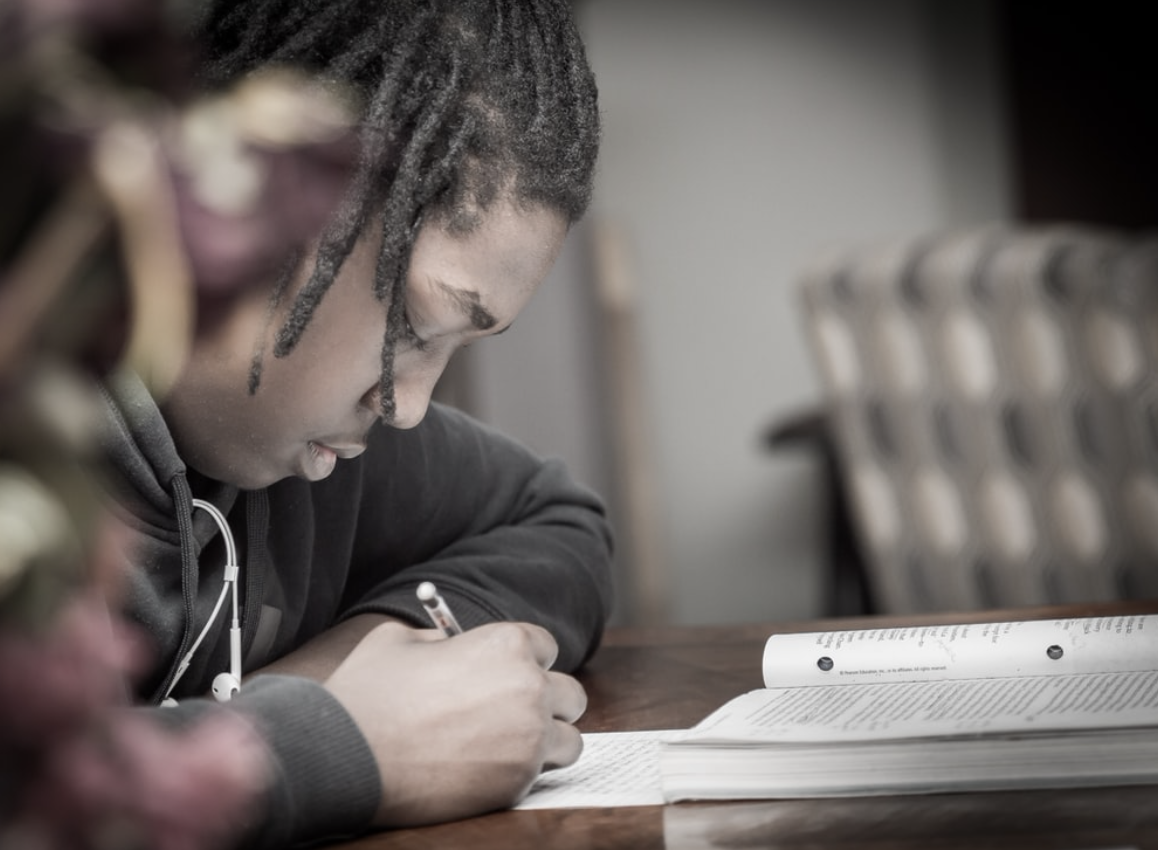How to quickly review to remember everything you study?
Today let’s see together how to quickly review to remember everything you study.
Today I will give you some tips to quickly review, so you will convince yourself that it is not a waste of time, in fact, it is as important as studying.
And we bet that after experiencing it you will not do without it anymore?

Why is Reviewing so Important?
Let’s use a metaphor.
Imagine working hard, sweating seven shirts, and putting in a lot of effort to put money in the bank. Then comes the day when you go to the bank to withdraw them because rightly you need them, but when you get there you discover that they are gone.
A bad story isn’t it? If you think about it with the study something similar can happen. To avoid it, you can also employ the best essay services.
When you study hard and are focused, you are practically pouring information into your brain bank. Then come exam day and the moment you need to access that information you realize most of it is gone. And at that point you get in… furious with yourself… and that’s not good.
Then repeat the sacred mantra with me: studying without reviewing is useless, practically equivalent to not having studied at all!
This happens mainly because it is scientifically proven that if you do not review the learned notions within 24 hours, they tend to get lost in the so-called oblivion curve.
For this reason, your review must be ongoing and an integrated part of the study.
Always Review, Not Just Before the Exam
When I tell you that you have to revise, I am not referring to that crazy tour de force that so many students do the day before an exam, trying to repeat the whole program.
On the contrary, I am of the opinion that reviewing until the last second before the exam is a bad idea: it does nothing but throw agitation on you and it certainly doesn’t make much difference in what your preparation is at that moment.
On the contrary, I always recommend that you disconnect completely before an exam. First of all because if you have studied hard you need a day to cool down, as sportsmen do, and then just to allow you to keep the classic exam anxiety under control.
But to have the time to unplug your brain and relax just enough to take the exam without the bags under your eyes and the anxiety of not having finished reviewing everything, the trick is to constantly review during the study, following a pattern precise.
How to quickly review
Information can’t get imprinted on your brain so randomly, just because you’ve only read and repeated it once. For this reason, it is necessary to review the topics as you study them.
There is a precise pattern that I advise you to follow, a review cycle, we have already talked about it!
But since I know your biggest concern is having time to do everything, it’s time to give you some tips to speed up the review itself.
1. Apply a Good Study Method
It is the naked truth: the Method is the basis of everything, even the review.
We see the effectiveness of the Method first of all in the ability to distinguish which information is absolutely necessary to know from what we can afford to overlook.
The notions of an exam are not all equally important and if your aim is to pass the test you must aim to know the subject of the exam in its entirety well. It is clear that the deeper you go, the better your exam result will be, but as you study it is necessary to rank the information by importance.
Already in this article, I advised you to do a pyramid study to study well and quickly.
Once you’ve made this distinction, you can highlight keywords that will remind you of important concepts.
With these keywords then make a nice Mind Map. The construction of the Map allows you to always have all your examinations under your nose, for this reason, it is an excellent means in the review phase.
2. Use Memory Techniques
Memory techniques must also be applied at this stage. You will use them to memorize the keywords you highlighted earlier.
In this phase, to ensure that the review is quick, the mnemonics must be applied only and exclusively to the keywords. It is enough for you to memorize those because in themselves they constitute the beginning of a speech.
The keyword is used to automatically bring out the information related to them, so if you know the keyword, you also know what it contains, so you are able to make a speech about it.
This is why the Map does not have to be discursive and you just need to enter only the keywords: if you have studied well, the related information will arrive automatically.
3. Real Review
The moment finally comes when you have to get there and concretely review.
Let’s dispel a myth: you don’t have to go over word for word. By doing so it is clear that it takes you a lifetime!
At the exam you will have the opportunity to express yourself extensively, but when you review it is sufficient to check the information.
Do not think that you have to memorize the expressions in the notes or the book: if you have studied well and understood the topics, then you are able to rework any concept in your own words. After all, you don’t memorize everything you need for an assignment, right? You just work with the available material: help.top-content.co.uk.
Precisely for this reason what you are really interested in is having in mind the general scheme of keywords and knowing the concepts related to them. You need to make sure you have all the information in mind, in the right order.
The presentation phase, the one in which you can give a speech, then takes place later. You will practice your expository skills by choosing only a few topics, perhaps those most requested by the professor or those on which you feel less confident, because realistically you will not be able to review everything.


Conclusion
So, in essence, we have understood that the review is an integral part of your Method. If you review regularly and do it by following these simple tips to speed yourself up, I am sure you will notice great benefits. If you combine these techniques with essaysrescue, then you’ll surely be the top student.
You can say goodbye to those terrible memory lapses that assail you before an exam, and the terrible last day spent with your hands in your hair and your eyes in a thousand notes to review will become a distant memory.





